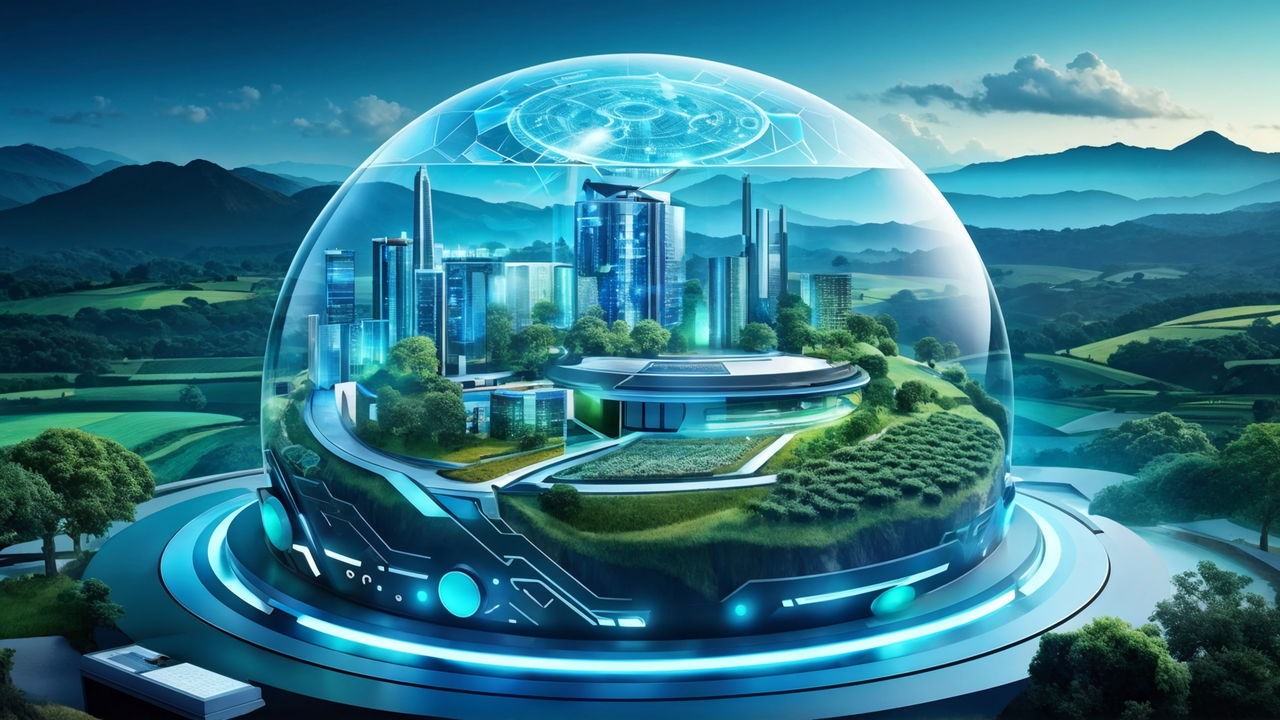AI for Good: How Responsible AI Tackles Global Challenges in 2024
Introduction: AI for Social Good
Artificial intelligence (AI) has revolutionized various industries, but its potential for addressing global challenges goes beyond commercial gains. Responsible use of AI can lead to meaningful solutions for social, environmental, and economic problems. In this post, we will explore how AI is applied to tackle real-world issues, ranging from environmental conservation to poverty reduction.
By harnessing AI for good, developers, governments, and organizations can bring about positive changes while maintaining ethical standards. The next sections highlight some inspiring examples of AI-powered solutions across different domains that demonstrate responsible use of this technology.
AI in Healthcare: Transforming Lives Responsibly
One of the most impactful areas where AI is being used responsibly is healthcare. From early diagnosis to personalized treatment plans, AI helps in improving healthcare outcomes globally. AI-driven tools can analyze vast amounts of patient data, identifying trends and making predictions that help doctors provide better care. For example, AI-powered image recognition has significantly improved the early detection of diseases like cancer.
Moreover, AI is aiding in the distribution of vaccines and medications in remote areas, ensuring that people in underserved communities have access to life-saving treatments. In addition, AI has helped develop apps that use chatbots to provide mental health support, reaching individuals who may not otherwise have access to care. These innovations represent the power of AI in healthcare and its potential to create a more equitable system.
Tackling Climate Change: AI’s Role in Environmental Conservation
Climate change is a global issue, and AI is playing a critical role in addressing environmental challenges. AI-powered systems are used to monitor deforestation, predict natural disasters, and optimize energy use. For instance, machine learning algorithms analyze satellite imagery to detect illegal logging activities in real-time, enabling authorities to take immediate action.
Furthermore, AI tools are helping optimize renewable energy sources, such as wind and solar power, by predicting demand and managing supply more efficiently. This minimizes waste and reduces carbon emissions. One inspiring project is the use of AI to track endangered species and prevent poaching. With AI’s assistance, conservationists are making strides in protecting biodiversity and preserving ecosystems by using technology to safeguard the environment.
AI for Economic Equality: Reducing Poverty and Creating Opportunities
AI is not only making waves in tech and healthcare; it is also a powerful tool for promoting economic equality. AI-powered platforms are being used to provide personalized education to underserved communities, opening up new learning opportunities. Additionally, AI-based tools are helping governments and NGOs to allocate resources more efficiently, targeting those who need them the most.
For example, AI is being used to predict food shortages and direct humanitarian aid to the most vulnerable populations. In agriculture, AI-driven tools assist farmers with crop management and optimize resources, which helps improve food security. By addressing such challenges, AI empowers local communities and creates opportunities for economic growth. AI for economic equality holds the promise of building a more inclusive world.
Ethical Concerns: Building Responsible AI
While AI holds immense promise, there are ethical considerations that developers must address to ensure it is used responsibly. The risk of bias in AI algorithms can lead to unequal outcomes, particularly in areas like hiring, lending, and law enforcement. Developers must prioritize transparency, fairness, and accountability when designing AI systems.
Developing explainable AI, where decisions made by machines can be understood by humans, is crucial for building trust. Another essential aspect is incorporating ethical frameworks in AI development to ensure that decisions made by AI systems align with societal values. As developers, understanding AI ethics is crucial to creating systems that make responsible decisions, helping solve global challenges while protecting human rights.
Conclusion: The Future of AI for Good
AI’s potential to solve global challenges is vast, but its responsible application is key to unlocking its full benefits. Whether it’s improving healthcare, tackling climate change, or promoting economic equality, AI can create a better world if used ethically and transparently.
As developers and organizations continue to innovate, it’s essential to prioritize responsible AI practices to ensure that technology benefits everyone. By embracing AI for good, we can address some of the most pressing issues of our time and build a future where technology and humanity coexist for the greater good.
Discover more from Just-CO
Subscribe to get the latest posts sent to your email.




